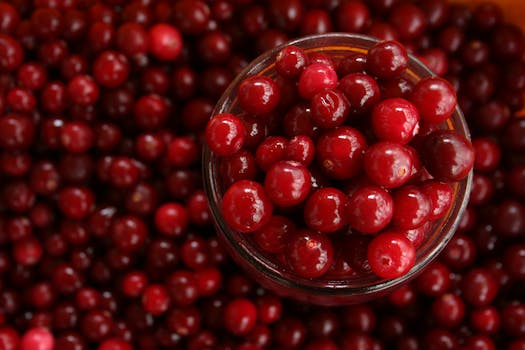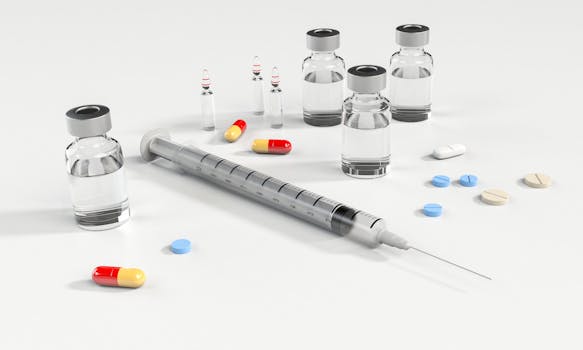Your kidneys...not just another pretty organ. They are a significant part of our health, and it's not that easy to find after market replacement parts so, let's take care of the pair we have. But how?

A lot of our kidney health depends on how healthy our overall lifestyle is and general health. Many diseases of the kidney can be avoided with a little care. As is true for most things, poor kidney health happens gradually, before we even feel the discomfort of symptoms.
You could probably guess the number one best, thing we can do for optimal kidney health...but there are 4 more important things listed after, and this is just the start of good kidney health.
- Water. Kidneys enjoy being well hydrated with something other than soda. (Sometimes, I have to say things we don't want to hear.) It's true. Water assists in the process of flushing out toxins from our system. So, drink up!
- Control your sweet tooth. This seems like an odd thing that would affect your kidneys, but too much sugar and create a rise in uric acid. Too much uric acid and your joints are never going to forgive you! Uric acid crystals can settle in some joints. This is called Gout and it's a painful inflammatory disease.
- Manage your blood pressure. Did you know that hypertension is one of the known leading causes of kidney disease? Our bodies are amazing machines and each organ, down to the smallest cell relies on each other to function well. So, keep your heart healthy and your kidneys will thank you.
- Eat protein in moderation. I know, Keto is all the rage but too much of a good thing, is simply too much of a good thing. Protein contains nitrogen and ammonia, two things that the kidneys filter out of our system. Too much protein and the kidneys may struggle to keep up with the added and extreme load. Make sure you check in with your favorite provider here at Madison Women's clinic before you start extreme diets or lifestyle changes.
- Make sure your vitamin and mineral levels are normal. Vitamins like Magnesium, can help get rid of extra calcium which could lead to kidney stones. B6 and Vitamin D can create kidney stones and damage if they are deficient. Again, make sure you work out these levels with your provider.
Don't let problems with your kidneys go too long before getting medical attention. There are probably more 'at home' cures out there for urinary tract infections than any other issue but don't assume this is always the best way to go. It's best to check first with your doctor, so that more damage isn't done.

